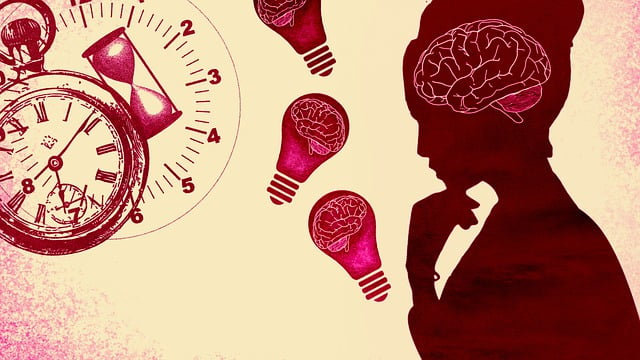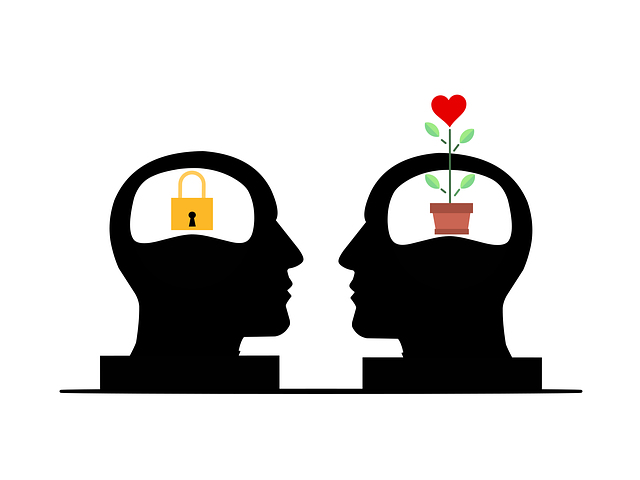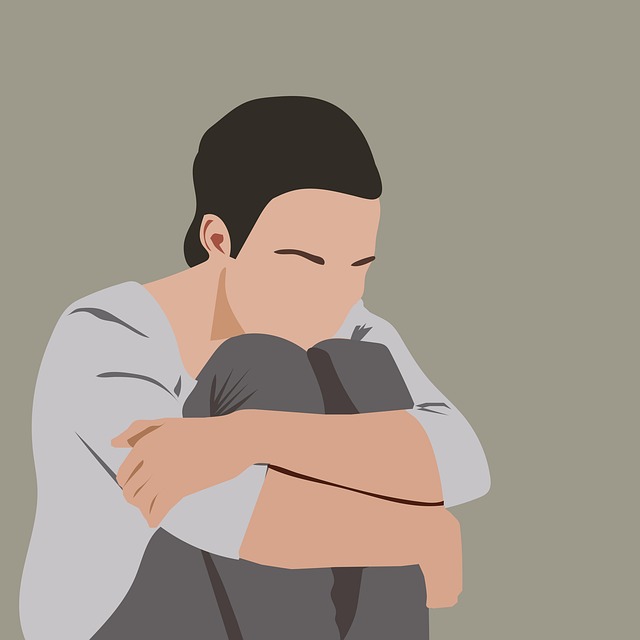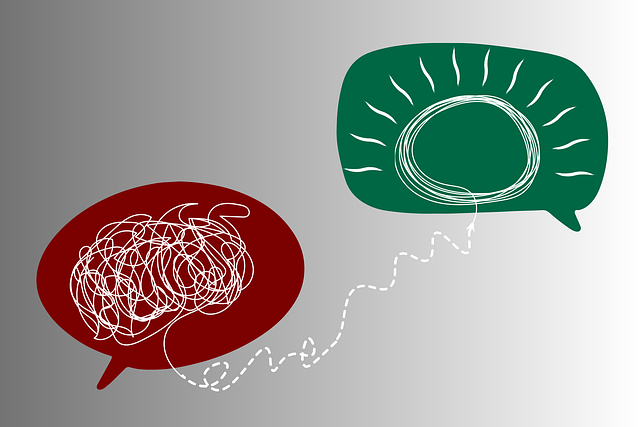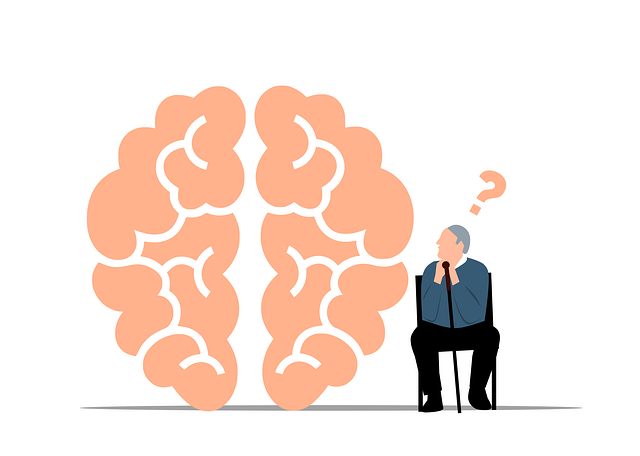Alcohol abuse among elders is fueled by undiagnosed mental health, loneliness, and stress stemming from life transitions like retirement or loss of loved ones. It leads to cognitive decline, social isolation, and strained family relationships. CBT therapy addresses underlying causes through open dialogue, self-esteem improvement, and burnout prevention, promoting healthier coping mechanisms. Specialized programs incorporating cultural sensitivity offer tailored support for diverse elders, focusing on self-care routines, stress management, and fostering purpose to enhance recovery and quality of life.
Coping skills development is crucial for elders struggling with alcohol abuse, a growing concern in today’s digital era. This article delves into the intricate world of understanding and addressing this issue among seniors. We explore the causes and consequences of alcohol abuse in elders, highlighting its impact on their well-being. Therapeutic approaches are examined, offering valuable insights into helping them develop effective coping strategies. Additionally, we provide practical strategies for sustaining recovery and enhancing the quality of life for elderly individuals overcoming alcohol dependency.
- Understanding Alcohol Abuse in Elders: Causes and Consequences
- Therapeutic Approaches to Help Elders Develop Coping Skills
- Strategies for Sustaining Recovery and Enhancing Quality of Life
Understanding Alcohol Abuse in Elders: Causes and Consequences

Alcohol abuse among elders is a growing concern, with potential roots tracing back to loneliness, stress, and mental health issues that often go undiagnosed. As our population ages, understanding the factors contributing to this problem becomes increasingly vital. Elders may turn to alcohol as a coping mechanism for dealing with life changes, such as retirement, loss of loved ones, or declining physical health. This can lead to a vicious cycle where alcohol abuse exacerbates existing health problems and mental distress.
The consequences of elder alcohol abuse are severe and multifaceted. It can contribute to a decline in cognitive function, memory loss, and an increased risk of falls and accidents. Moreover, social isolation and strained relationships with family members often accompany this issue, leading to feelings of depression and anxiety. Effective interventions, including therapy for elders with alcohol abuse issues, focus on addressing the underlying causes through communication strategies that foster open dialogue, self-esteem improvement to counter negative beliefs, and burnout prevention techniques aimed at promoting healthier coping mechanisms.
Therapeutic Approaches to Help Elders Develop Coping Skills

Many elders struggle with coping skills due to various factors, including isolation and past trauma. Therapeutic approaches tailored for this demographic can significantly enhance their ability to navigate life’s challenges. One effective method is cognitive-behavioral therapy (CBT), which helps individuals identify and change negative thought patterns and behaviors. CBT has shown promise in treating not only mental health issues but also substance use disorders, such as alcohol abuse, common among elders.
Specialized therapy programs, incorporating cultural sensitivity in mental healthcare practice and tailored to the unique needs of older adults, can be life-changing. Healthcare providers play a crucial role by offering evidence-based interventions and providing support through peer groups or individual counseling sessions. Cultural competency training for caregiving staff ensures that elders from diverse backgrounds receive personalized care, addressing specific challenges related to stress management.
Strategies for Sustaining Recovery and Enhancing Quality of Life

Recovery from alcohol abuse is a journey that requires consistent effort and strategies to sustain long-term success. For elders, who may face unique challenges such as isolation or age-related health issues, developing effective coping skills is essential for enhancing quality of life. Therapy plays a pivotal role in this process, offering tailored support and guidance to navigate the emotional healing processes. Cognitive Behavioral Therapy (CBT), for instance, can help individuals identify and change negative thought patterns associated with alcohol abuse, fostering healthier mind over matter principles.
In addition to therapy, establishing a robust self-care routine is fundamental. This involves prioritizing physical well-being through regular exercise, nutritious meals, and adequate sleep. Engaging in activities that promote relaxation, such as mindfulness meditation or hobbies, can also significantly contribute to better mental health. By incorporating these strategies, elders can actively participate in their recovery, reclaiming control over their lives and fostering a sense of purpose, ultimately enhancing their overall quality of life.
Coping skills development is a vital area of focus for therapists working with elderly individuals struggling with alcohol abuse. By understanding the causes and consequences of this issue, as well as employing therapeutic approaches tailored to their needs, professionals can empower elders to enhance their quality of life. Strategies for sustaining recovery should include holistic methods that address physical, mental, and social aspects, ensuring a comprehensive and supportive environment. Through these efforts, therapy for elders alcohol abuse becomes not just a treatment but a path to improved well-being and a more fulfilling future.








